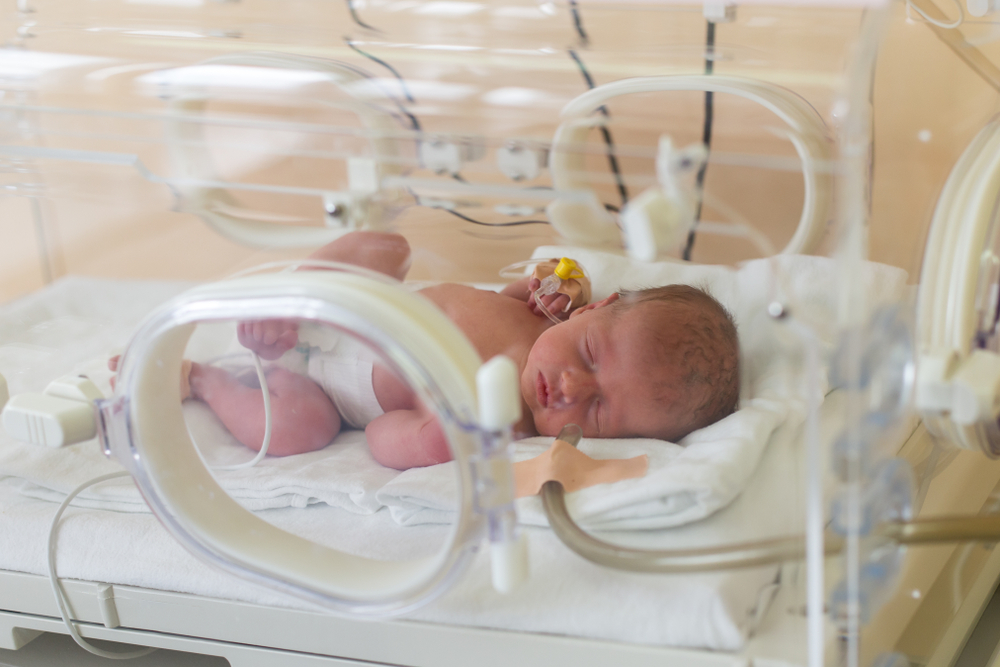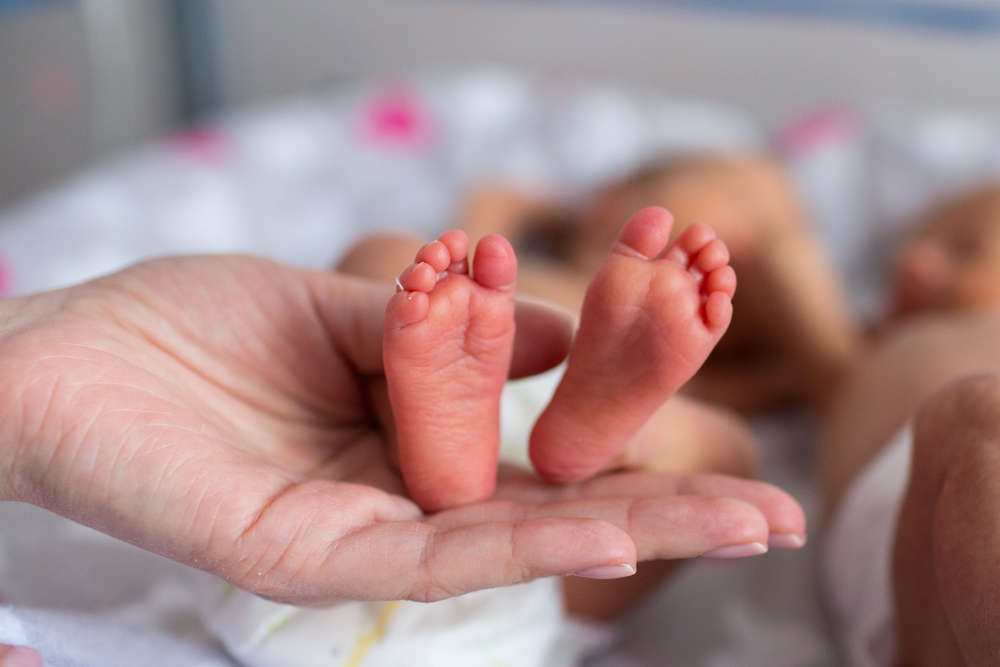In medicine, the “skin-to-skin” method is used for the warmth and comfort of infants, especially those who are born prematurely. Premature babies are particularly sensitive to pain because their brains and nervous system aren’t yet fully developed. But skin-on-skin contact seems to have an analgesic or sedative effect, thus reducing their pain responses.
Also known as ”Kangaroo care,” the intent is to give the babies positive, comforting feelings in a critical stage of their development.
Research from the National Institute of Health shows that the technique effectively reduces pain among preterm babies.

It is argued that this strategy aids premature infants in greatly reducing after-birth stress, helping them to recover and begin to thrive more quickly.
In the last few years, the aforementioned Scandinavian maternity centers have seen wonderful results. The survival rate of premature infants recently increased from 30% to an astounding 70%.
One photo of this method being used has generated a lot of feedback online.
The picture, originally posted in a Danish Facebook group – Parents and birth in Denmark – shows a 5-year-old boy helping his father in the “skin-to-skin” method.
While one newborn rests on his father’s chest, the young boy cradles the second infant twin on his own.
With all of their eyes closed, it appears to be a peaceful scene where all involved are resting comfortably and feeling the closeness and benefits of this post-birth miracle method.
Recently, the image started spreading across the Internet again when it was posted on the NINO Birth Facebook page.
In the text that accompanies the photo, Swedish Professor Uwe Ewald describes how kangaroo care works: “Skin to skin contact helps the baby to breathe better. The child becomes more calm and gains weight faster. Research shows that parents bacterial flora – compared with hospital bacteria – reduces the risk of serious infections in these delicate children.”

We are heart-warmed by this adorable, pure image and by such a simple but effective technique for parents of premature babies to use.




